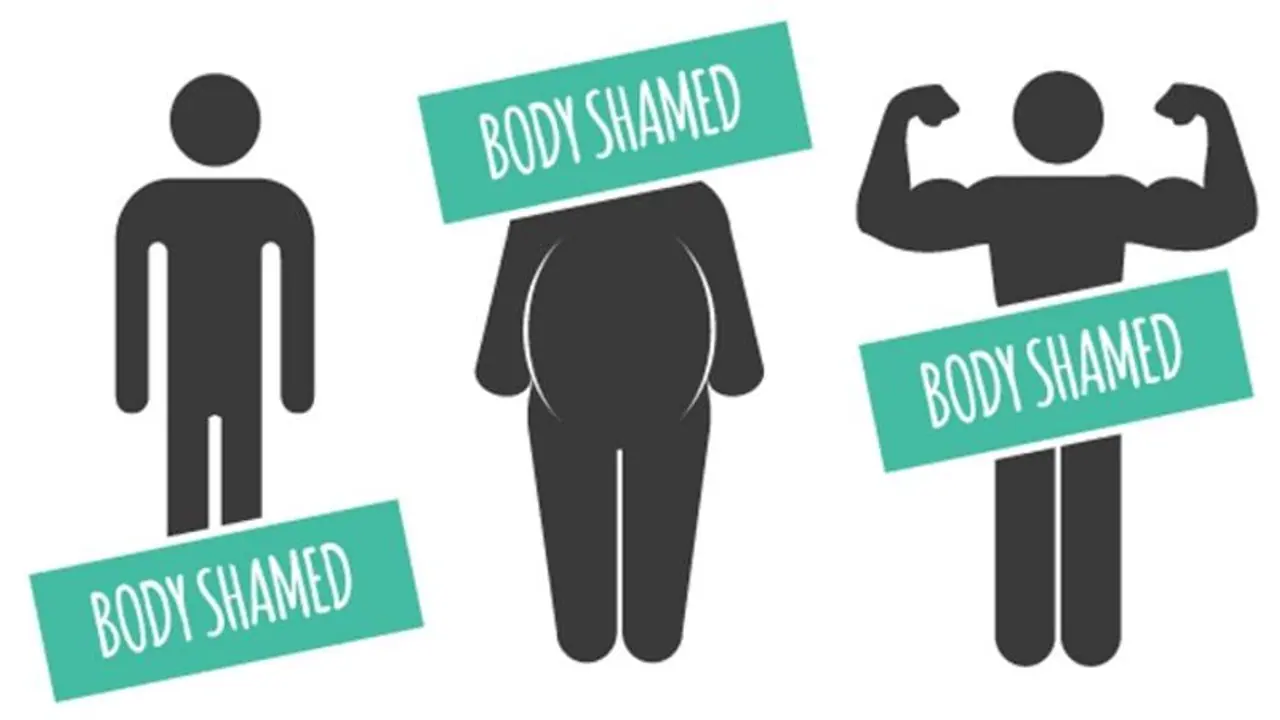Encouraging somebody to take care of their body while telling them what is wrong with the way they look is the worst way to go about it.
Mumbai: Just because someone else is your idea beautiful, does not make you any less. And, vice-versa. After all, beauty is in the eye of the beholder and you may never be able to become somebody else's idea of perfect.
Dr Samir Parikh, director, Mental Health and Behavioural Sciences, Fortis Healthcare says, “In the contemporary world, our perception of physical appearances tends to be significantly influenced by a multitude of factors, including the inevitable role played by the media, peer influences, as well as societal factors. Given such a context, it can be evidently understood how commonly many of us might experience a sense of dissatisfaction with our body image. And more so, it also creates a platform which encourages others to be able to judge or comment on a particular person’s body shape or size. Body shaming includes acts of sending provocative insults, and harassing others based on their inability to match up to the expectations related to stereotypical physical appearances, which can be in person, but is also becoming increasingly prevalent through the Internet.”
Also read: Women lead sex toy revolution in India: Here are the top-sellers
So, what do you do? Well, you can learn to appreciate what you have and at the same time, avoid forcing others to fit into your beauty standards no matter how well-meaning. A study by Fortis healthcare revealed that 90% of women recognised that body shaming is a common behaviour and women were also were at a greater receiving end of body shaming.
Also read: 9 quotable quotes from real woke women to start your day right
The survey among 1244 women across 20 Indian cities was conducted to find out the attitudes and perceptions of women towards the concept of body image, as well as the impact that body shaming has on their psychological well-being and at times leading to stress.
Dr Parikh adds, “Given the significant role of media influencing our perceptions of body image, be it the portrayals in films, television shows or other social media platforms, it is a common tendency for us to form comparisons which may not be realistic in nature, and as a consequence be unhappy with our body size or shape, or rather even feel dejected that we do not look like that particular model or actor/actress on the screen. In fact, such excessive comparisons based on the media portrayals can also create a sense of social pressure and competition to fulfil perceived demands and expectations of our physical appearance. Such social pressures can often be translated into a form of bullying known as body shaming.”
With only 28% of women standing up to the body shamers, you may be under the impression that someone is cool with your comments when they are actually not. But guess what? 67% of women reportedly feel angry and hurt. Now, it's your call.
